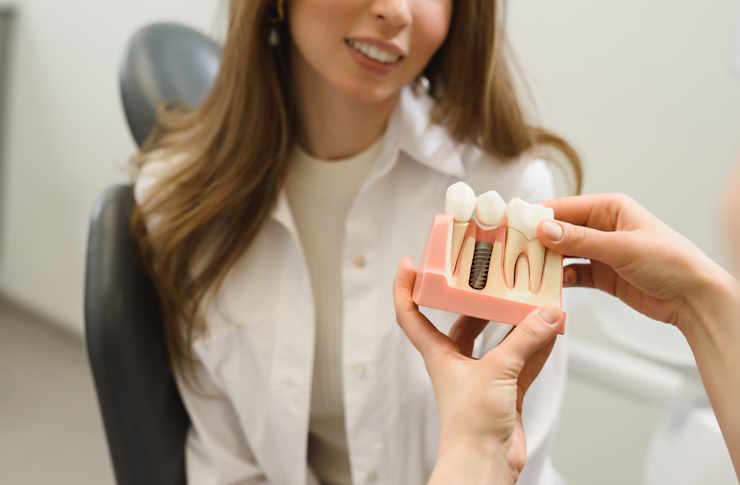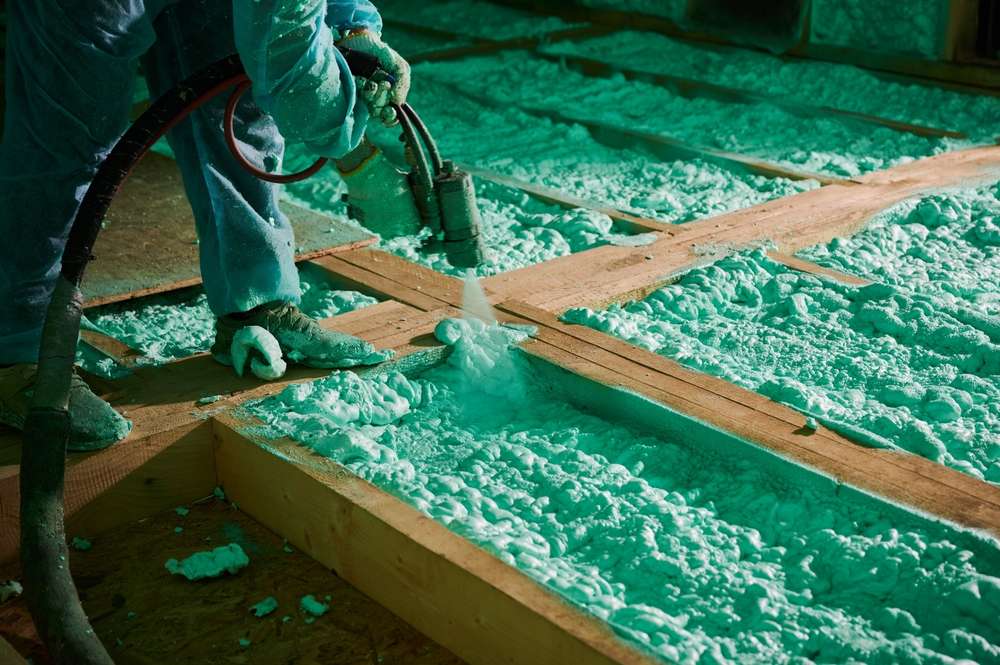Affordable Dental Implants and Dental Care in South Africa
Dental implants have revolutionized restorative dentistry, offering a permanent solution for missing teeth that closely mimics natural dental structures. In South Africa, dental implant procedures have become increasingly accessible, with various options available to suit different budgets and needs. These titanium posts surgically placed into the jawbone serve as artificial tooth roots, providing a stable foundation for replacement teeth that look, feel, and function like natural teeth.

Overview of Dental Implants and Their Benefits
Dental implants consist of three main components: the implant fixture (titanium post inserted into the jawbone), the abutment (connector piece), and the prosthetic crown (visible tooth replacement). Unlike removable dentures or dental bridges, implants offer several distinct advantages. They preserve jaw bone density by stimulating natural bone growth, prevent adjacent teeth from shifting, and restore nearly 100% of natural chewing ability. Additionally, dental implants typically last 15-25 years or longer with proper care, making them a long-term solution for tooth replacement. Many patients report improved confidence and quality of life after receiving dental implants, as they eliminate the discomfort and inconvenience often associated with removable prosthetics.
Cost Range for Dental Implants in South Africa
Dental implant costs in South Africa vary considerably depending on several factors. A single dental implant typically ranges from R10,000 to R30,000, including the implant, abutment, and crown. Multiple implants or full-mouth reconstructions can range from R60,000 to R150,000 or more. Several factors influence pricing, including the implant brand and quality, complexity of the case (bone grafting needs, sinus lifts), dentist’s expertise and location, and laboratory costs for custom prosthetics.
South African dental implant prices compare favorably to international markets, with costs often 30-50% lower than those in Western Europe, North America, or Australia, making the country a popular dental tourism destination.
| Procedure | Price Range (ZAR) | What’s Typically Included |
|---|---|---|
| Single Implant | R10,000 - R30,000 | Implant fixture, abutment, crown |
| Multiple Implants (2-4) | R20,000 - R90,000 | Fixtures, abutments, crowns |
| All-on-4 Solution | R80,000 - R150,000 | Four implants supporting full arch prosthesis |
| Bone Grafting | R2,500 - R15,000 | Additional procedure if required |
| Sinus Lift | R8,000 - R20,000 | Additional procedure if required |
Prices, rates, or cost estimates mentioned in this article are based on the latest available information but may change over time. Independent research is advised before making financial decisions.
The Dental Implant Process and Healing
The dental implant journey typically spans several months and involves multiple stages. Initially, a comprehensive consultation and assessment determine candidacy through dental examinations, X-rays, and 3D scans. If necessary, preliminary procedures like tooth extractions, bone grafting, or treatment of gum disease may be required before implant placement.
During implant surgery, the titanium post is precisely positioned in the jawbone under local anesthesia, with sedation options available for anxious patients. The osseointegration period follows, typically lasting 3-6 months, during which the implant fuses with surrounding bone tissue. Temporary prosthetics may be provided during this healing phase.
Once osseointegration is complete, the abutment is attached, and final impressions are taken for the custom crown or prosthetic. Most patients experience minimal discomfort during recovery, with common post-operative symptoms including minor swelling, bruising, and tenderness that typically resolve within a week. Complete healing occurs gradually, with final results visible after several months as tissues settle around the implant.
Payment and Insurance Considerations
Most South African dental practices offer various payment options for implant procedures. Some provide in-house financing with payment plans spread over 6-24 months, while others partner with medical financing companies specializing in healthcare costs. Major credit cards, electronic transfers, and cash payments are typically accepted.
Regarding insurance coverage, most South African medical schemes consider dental implants an elective cosmetic procedure and provide limited or no coverage. However, certain premium hospital plans or comprehensive dental benefits may offer partial reimbursement. Dental savings plans sometimes offer discounted rates at participating providers. It’s essential to check with your specific medical aid scheme about coverage details before proceeding.
For patients without insurance coverage, many dental practices offer package deals for multiple implants or complete procedures. Some clinics provide significant discounts for pensioners or during promotional periods. Additionally, some dental schools and teaching hospitals offer supervised implant services at reduced rates, though treatment times may be longer.
Choosing a Qualified Dental Implant Provider
Selecting the right provider is crucial for successful dental implant outcomes. Look for dentists with specific qualifications in implantology, such as membership in the South African Society of Periodontics or International Congress of Oral Implantologists. Experience matters significantly—practitioners who have placed hundreds or thousands of implants typically demonstrate higher success rates.
Modern practices should utilize advanced technologies like 3D imaging and computer-guided implant placement for precise results. During consultations, qualified providers should thoroughly explain your specific case, treatment options, and expected outcomes. They should provide detailed treatment plans with transparent cost breakdowns and be willing to share before-and-after examples of similar cases they’ve treated.
Patient reviews and testimonials can offer valuable insights into others’ experiences, particularly regarding pain management, communication, and long-term results. A reputable practice should also provide comprehensive aftercare and establish a clear warranty policy for their implant work.
This article is for informational purposes only and should not be considered medical advice. Please consult a qualified healthcare professional for personalized guidance and treatment.




